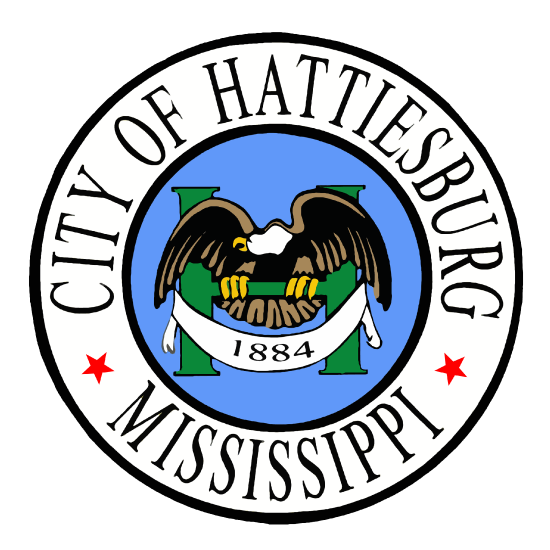Vacancy Registration
FAQ for Ordinance for Vacant and Abandoned Structures
General Questions
1. What is the purpose of the Vacancy Registration Ordinance?
The ordinance addresses the negative effects of chronic property vacancy, including property decay, crime and declining property values, by establishing standards and facilitating communication for vacant properties in Hattiesburg.
2. Which areas are affected by the ordinance?
The ordinance applies to properties in the Downtown Central Business District, designated historic districts, and designated historic landmarks. The implementation will be phased in as follows:
• April 1, 2025 – Downtown Central Business District and vacant historic landmarks
• July 1, 2025 – North Main Historic Neighborhood
• October 1, 2025 – Hattiesburg Historic Neighborhood
• January 1, 2026 – Parkhaven, Newman-Buschman and The Oaks
3. What is a “vacant structure”?
A structure without active utility services (water and electricity) is considered vacant for single-family residential properties. For all other properties, a structure without a current Privilege Tax License (as applicable), water and electricity for 60 days is classified as vacant.
Registration Requirements
4. What are the registration timelines?
Property owners must register their vacant properties within 45 days of receiving written notice.
5. What information is required to register?
Owners must provide:
• Property details (address, PPIN, legal description, etc.)
• Ownership and management contact information
• Proof of liability insurance ($100,000 minimum) or a surety bond reviewed by the city
• A comprehensive maintenance and rehabilitation plan with anticipated timelines
• A floor plan for code enforcement and emergency response
• “No Trespass” placards for the property
6. How long does registration last?
Registration must be renewed annually until the property is deemed occupied and compliant with all city codes.
Fees and Discounts
7. What are the registration and inspection fees?
• Single-family homes: $250 initial registration
• All other structures: $750 initial registration
• Annual inspection fees: $0.01 per square foot or $50 minimum Fees double each year the property remains non-compliant.
8. Are discounts available?
Yes, if all registration paperwork is submitted within 45 days of notice, the property owner may qualify for a $100 discount. Late submissions may incur an additional $150 penalty.
Exemptions and Fee Waivers
9. Are any properties exempt from registration?
Properties with active utility services, single-family homes that meet maintenance standards, and properties under valid building permits are exempt.
10. What fee waivers are available?
• Fee waivers may be granted (only valid for 12 months) for certain circumstances:
• Properties impacted by disasters (e.g., fire, flood) for up to one year
• Indigent property owners (first year only)
• Estates or properties managed due to owner incapacity or death (up to one year)
• Properties with active building permits
• Non-residential properties maintained to the required standards
Standards and Compliance
11. What maintenance standards apply to vacant properties?
Standards include securing all entry points, preventing pest infestations, repairing structural damage, maintaining weatherproof exteriors and ensuring drainage systems are functional. Additional requirements may apply to historic properties.
12. What is the “comprehensive plan of action”?
This is a detailed timeline for addressing violations, completing rehabilitation, maintaining the property while vacant, and outlining its future use. Updates are required every six months.
Enforcement and Penalties
13. What happens if a property owner does not register?
Failure to register may result in a misdemeanor charge, with fines up to $1000, and potential administrative or civil actions.
14. Will the city notify owners before taking enforcement actions?
Yes, a written notice of violation will be issued, giving property owners a reasonable timeframe to address the issue before further action.
15. Can property owners be criminally prosecuted?
Yes, violations are considered strict liability offenses, meaning no proof of intent is required.

